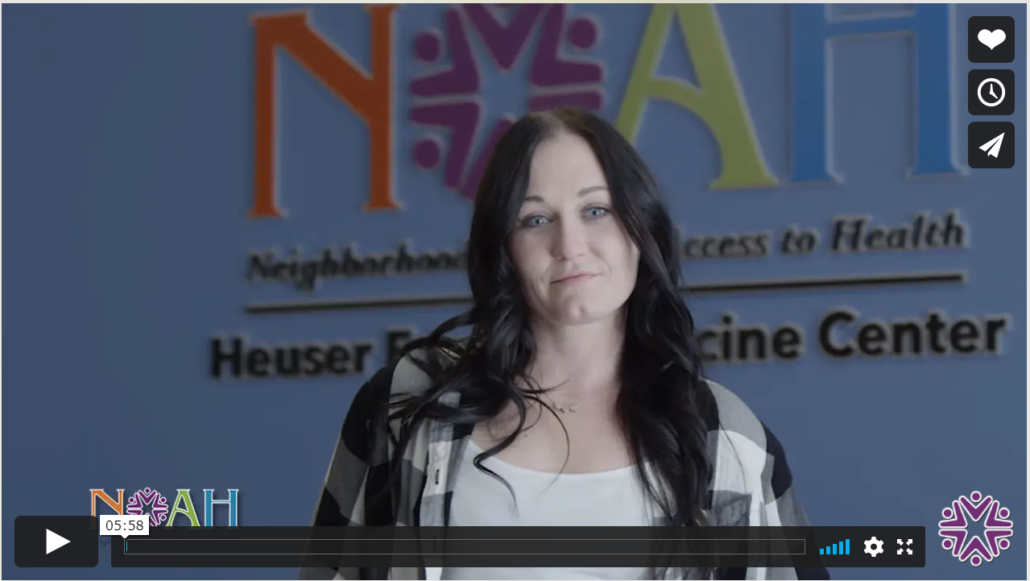Equity for Transgender Healthcare
By John T. Engel | Counselor, MSW, LMSW
Healthcare equality means everyone who comes to NOAH receives the same care, respect, compassion, and one-on-one focus from their providers. Some groups in our society have experienced inequality in their care, often called disparities. One of the groups at the highest risk for healthcare disparities is our transgender community.
Transgender is a term use to describe a diverse group of people whose gender identity or expression may not align with societal expectation of how they should look, act, or identify based on the gender they were assigned at birth. Cisgender is a term that professionals use to describe individuals who do identify with the gender assigned to them at birth and who follow societal expectations for how the gender should look, act, dress and interact with others. Since cisgender individuals make up most people in contemporary society, transgender and other gender non-conforming people are often targets of discrimination and harassment. This can lead to negative health outcomes.
National Coalition of STD Directors
The most pressing health concerns to the transgender community are an increased risk of HIV infection, especially among transgender women of color. In addition, transgender men experience a lower likelihood of preventative cancer screenings. Making things worse, transgender people are less likely than the general population to have health insurance, and therefore more likely to need public programs such as Medicare or Medicaid. These barriers to care are too common in the lives of transgender and gender non-conforming people.
Social stigma associated can also directly contribute to dangerous situations, particularly for people of color. According to Human Rights Campaign Foundation, at least 85% of violence against transgender and non-conforming people were persons of color. Fortunately, many physicians recognize this and recommend consultation with a mental health professional if the client desires.
Under the Health Care Rights Law, it is illegal for most public and private insurers, providers, and medical centers to discriminate against someone because of their sex. Learn more about rights at National Center for Transgender Equality.
As a professional counselor and a cisgender man, I cannot begin to imagine or to speak from a perspective of being gender fluid or transgender, however as a member of the LGBGQ+ community I feel that healthcare is an essential right for all colors of the rainbow. Sadly, I am aware that healthcare equity for my transgender brothers and sisters has been a concern for years, and if you are a person of color this can have serious consequences.
Our NOAH team works to ensure health care equity for all, by listening, validating, and building upon NOAH’S commitment of inclusivity. If you want to talk with a NOAH counselor, request an appointment today.



